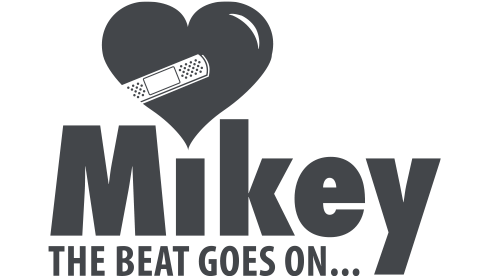
Remember what your mom told you? Well it turns out that eating your vegetables was great advice. Eating more plant based foods and less animal products is not only beneficial to your heart health but also does good for the planet. An increasing number of studies have suggested that eating a more plant-centric diet could reduce your risk to heart failure by 40%. and another suggests that a vegetarian diet cuts the risk of heart disease death by the same percentage.
An Atherosclerosis Risk in Communities (ARIC) study followed participants between 1987 and 2016. Researchers of this study found that those who had the highest intake of plant based foods were 16% less likely to develop cardiovascular conditions such as heart attack, stroke, and heart failure, when compared to adults that consumed the smallest amount of plant foods.
People with high plant based diets were also 25% less likely to die from health-related causes along with 32% less of a risk of dying from a heart condition.
While researchers said that you don’t have to give up animal-derived foods completely, their study suggests that increasing your proportion of plant based foods paired with a smaller consumption of meat could help reduce heart complications and risks.
French fries and cauliflower pizza don’t count though! Make sure you are choosing foods that are rich in nutritional value and low in added sugars, sodium (salt), cholesterol, and not-good-for-your-heart trans and saturated fats. Instead of processed foods reach for some fresh fruit, vegetables, and whole grain choices as a healthier snack option.
Learn more about the study here.













